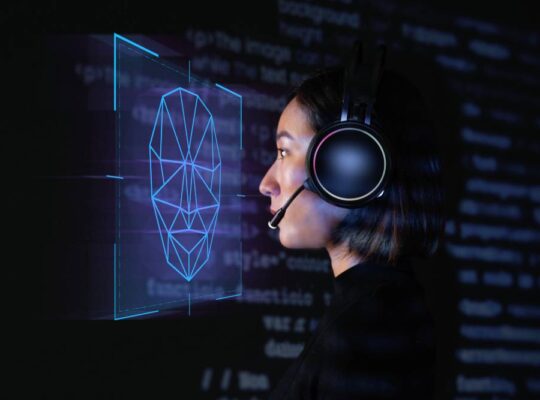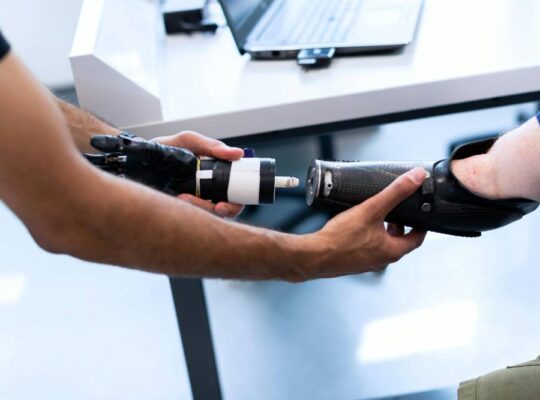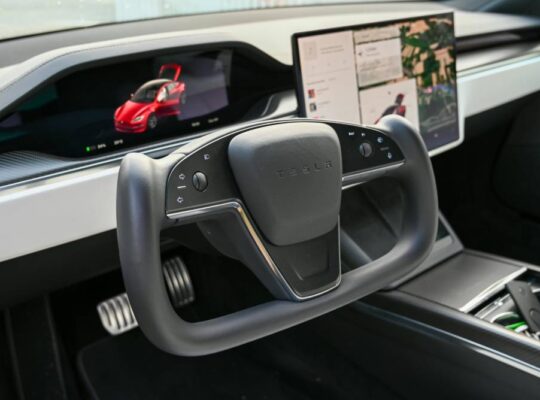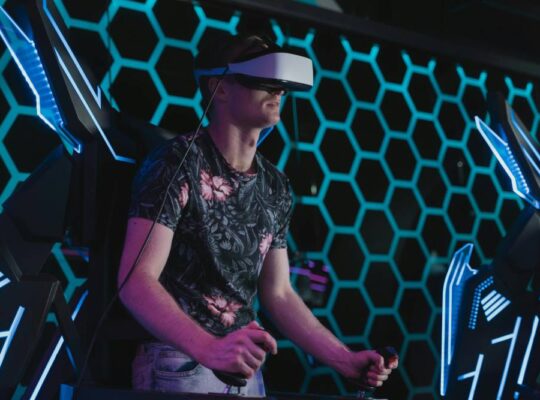AI and Smart Cities: 2024 Developments and Opportunities
Artificial Intelligence (AI) is transforming urban environments into smart cities, where technology and data-driven solutions improve quality of life, enhance sustainability, and optimize infrastructure. In 2024, the integration of AI in smart cities has reached new heights, presenting numerous opportunities for innovation and addressing urban challenges. From energy management to public safety, AI is reshaping the way cities function.
AI in Urban Infrastructure Management
AI plays a critical role in the efficient management of urban infrastructure. Advanced systems monitor roads, bridges, and buildings in real time, using sensors and predictive analytics to detect issues before they become critical. For instance, AI-powered systems can predict traffic patterns, suggesting alternative routes to reduce congestion and improve travel times. Smart grids powered by AI optimize energy distribution, balancing supply and demand while reducing waste. These innovations make cities more efficient and resilient.
Enhancing Sustainability
In 2024, sustainability is a top priority for smart cities, and AI is central to achieving these goals. AI-powered waste management systems identify recycling opportunities and reduce landfill use by automating sorting processes. Environmental monitoring systems equipped with AI analyze air and water quality, alerting authorities to potential hazards. AI also supports renewable energy integration, optimizing solar and wind energy usage to reduce carbon footprints.
Smart Public Services
Public services are becoming more accessible and efficient through AI integration. Intelligent systems streamline public transportation by analyzing passenger flow and adjusting schedules dynamically. AI-driven chatbots provide residents with instant information about municipal services, from bill payments to event updates. Predictive maintenance of utilities ensures uninterrupted services, enhancing citizen satisfaction.
Strengthening Public Safety
AI is revolutionizing public safety by enabling advanced surveillance, crime prediction, and emergency response systems. Smart surveillance cameras equipped with AI analyze footage in real time, identifying potential threats and alerting law enforcement. Predictive policing algorithms help allocate resources to high-risk areas, reducing crime rates. In emergencies, AI aids in managing disaster response by analyzing data to prioritize actions and deploy resources efficiently.
Opportunities for Economic Growth
The adoption of AI in smart cities creates significant economic opportunities. AI startups and tech companies find fertile ground for innovation in developing solutions for urban challenges. Cities that embrace AI attract investment, create jobs, and enhance their global competitiveness. Furthermore, AI enables the efficient allocation of city budgets by identifying areas with the highest impact potential.
Conclusion
In 2024, AI continues to transform urban landscapes, driving the development of smart cities that are sustainable, efficient, and citizen-focused. By leveraging AI technologies, cities are addressing pressing challenges, fostering innovation, and creating opportunities for economic and social growth. As the adoption of AI accelerates, the future of urban living becomes increasingly intelligent and interconnected.
Looking for a SEO based Website CLICK HERE
GO BACK TO HOME












